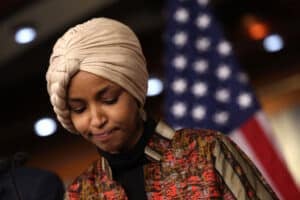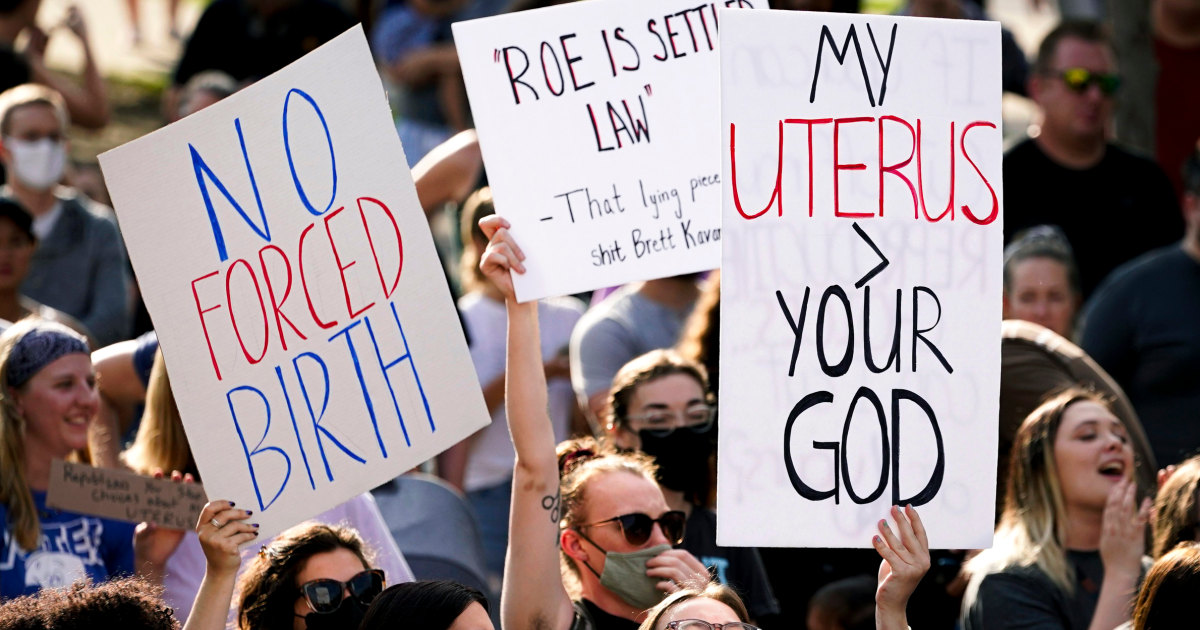The violence was the most recent incident after tensions rose over the weekend, when ethnic Serbs from northern Kosovo attempted to prevent newly elected ethnic Albanian officials entering municipal buildings. The Kosovo police used tear gas to disperse a crowd, allowing the newly elected officials access to the offices. Serbia sent its military on alert and more troops to the border of Kosovo.
Kosovo and Serbia are enemies since decades. Belgrade refuses to recognize Kosovo 2008 sovereignty.
As the Russian war in Ukraine rages, the United States and European Union have increased their efforts to resolve the Kosovo-Serbia conflict. They are concerned about further instability in Europe. Both Serbia and Kosovo have been told by the EU that normalizing relations is necessary if they want to progress towards joining the EU.
The Western ambassadors from the Quint — France Italy Germany United Kingdom and United States — met with Albin Kurti in Pristina, urging him to take action to lower tensions and de-escalate the situation, and strongly condemning the Serbs for their violence against KFOR soldiers and journalists.
Kurti said after the meeting that “Ultranationalist Serb graffiti on NATO vehicle is a dark and ominous reminder in Kosovo. We stand for peace, security, and freedom.”
Vucic will meet with five ambassadors, as well as the Russian and Chinese ambassadors. He is doing this to show that he has a lot of support for his policy.
Last month, ethnic Serbs from Zvecan Leposavic Zubin Potok, and Mitrovica held elections in four northern municipalities. The elections were boycotted largely by the Serbs. Only minorities such as ethnic Albanians or smaller groups were elected for the posts of mayors and assemblies.
In 1998, ethnic Albanian separatists rebelled and Serbia responded by launching a brutal crackdown. Around 13,000 people died, mainly ethnic Albanians. NATO’s military action in 1999 forced Serbia to withdraw from the territory. Washington and the majority of EU countries recognize Kosovo as an independent country, but Serbia and China don’t.








